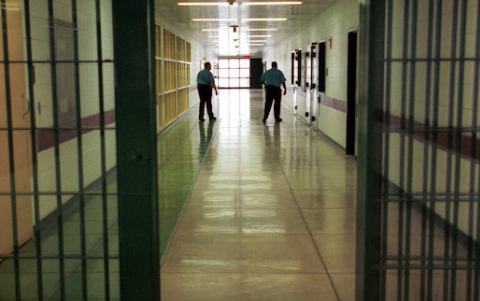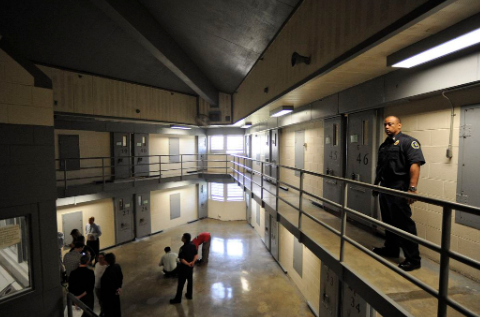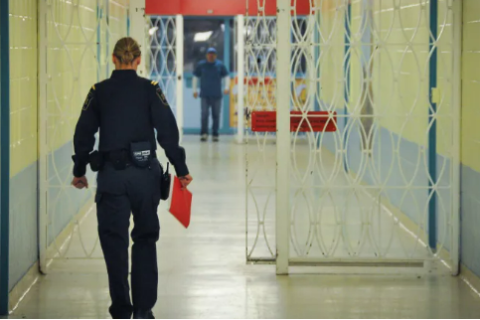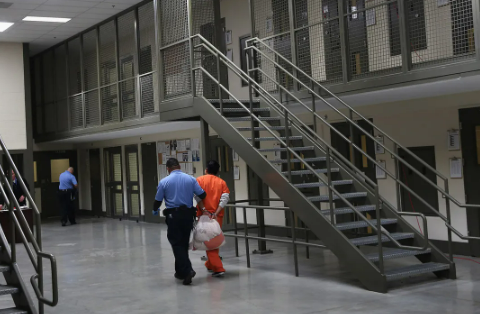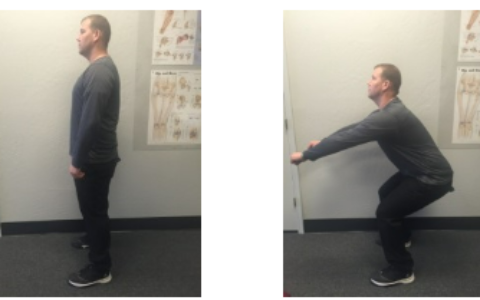Just like a correctional deputy, the correctional officers will be needed at all hours. The correctional facilities probably require officers to switch between schedules, so shifts will run back to back throughout the day and night. It’s so normal if correctional officers will work midnight to eight every shift or may alternate between all the available shift times.
Some correctional facilities will run a 12-hour shift schedule. Of course, many correctional officers will prefer to work 12-hour shifts because it gives several benefits for them. So, what will you get if you work with 12-hour shifts? Let’s dive into our post to find out the information about it!
Read also: Best Shift to Work in Corrections
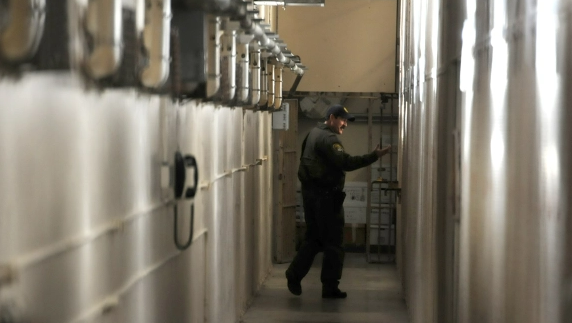
What Are Benefits of Working on 12-Hour Shifts?
There are several benefits that a correctional officer will get if working on 12-hour shift, including:
-
More days off and long weekends
It’s obviously clear that everyone will work the same amount of hours a year whether it be an 8 or 12-hour shift schedule, that is roughly 38-42 hours a week on average. However, 8-hour shifts really require more days.
If you work four 12 hour shifts a week and three 12 hour shifts the following week, it means that you’ve got your 42 hours done. So, you completely worked 42 hours in just 7 days. Meanwhile, an 8-hour shift will require you to work at least 10 days every 2 weeks, just to gain 40 hours a week.
So, it will have more full days off that means more time to make plans with your family to get vacation, take time for yourself or also meet up with your friends. It does not wonder if the workers who work 12-hour shifts never work more than two days in a row. It aims to reduce problems of stress and cumulative fatigue.
-
Fewer consecutive days working with less commuting time
Fewer shifts will be fewer days working and also will be less commuting time. You cannot work too many days consecutively, since you’re working 12-hour days. If you are roughly 30 minutes away from work and work five 8-hour shifts which is 30 minutes x (5 x 2) = 300 minutes or 5 hours of travel time for the week.
Let’s say you work a 12-hour shift, that is 30 minutes x (3 x 2) = 180 minutes or 3 hours of travel time for the week. Of course, saving 2 hours a week will add up.
Well, your body and mind will not serve properly if you work too many shifts in a row. Thus, you can only work 3-4 days in a row as opposed to 5, 6, or 7 days in a row. In short, fewer days to work will mean fewer days of driving to and from work. So, it represents time saving and also reduced transportation costs for employees with longer commutes.
-
Get better social life
It is so normal for a Correctional Officer who works a 12-hour shift to frequently report improved family life, since there are more ‘quality’ days off to spend at home. They will also report less irritability, more communication and better planning of family activities.
It does not wonder if having more days off will relieve stress and also improve a Correctional Officer’s outlook and attitude. The family members can often become more supportive, further assisting morale.
-
Get better use of vacation time
A correctional officer is also able to have up to 12 consecutive days off, even though there are technically fewer vacation days on 12’s versus 8’s by taking only 2,3, or 4 vacation days at the proper time in the cycle. Therefore, extended vacations will be possible several times per year. It will take 5 vacation days to get a week off with 8-hour shifts.
-
Elimination of double shifts and/or holdovers
By taking a 12-hour shift, the 16-hour shifts on short notice to cover for absences can be eliminated. On 12-hour shifts, a Correctional Officer commonly knows exactly how long they will work and they can prepare and pace themselves accordingly.
Additionally, the least desired shift on an 8-hour shift is the evening shift that will keep the Correctional Officers isolated from family and friends for extended periods of time. So, 12-hour shifts aim to minimize this issue since shift changeover times commonly allow more contact with the family in the evenings.
For instance, a typical 8-hour evening shift will run between 3 – 11 P.M. that provides little to no family time in the evening. In comparison, a typical 12-hour schedule will have shift times between 6 – 8 A.M. and 6 – 8 P.M. Therefore, most workers can spend some amount of quality time with their family either after or before the shift.
-
Little effect on overtime chances
For continuous operations, a 12-hour shift schedule does not add to or reduce the amount of real overtime required. In 24/7 operation, overtime is such a function of staffing level rather than the shift schedule, as all positions need to be filled regarding shift length.
Okay, those are the benefits that a Correctional Officer will get when working on a 8-hour shift.
Cons of Working on 12-Hour Shift
In addition to getting benefits when working on 12-hour shifts, this shift also delivers some cons that you may get, including:
-
Irregular pay weeks
Most 12-hour schedules will have alternating pay weeks of 36 and 48 hours. Since most people plan their finances based on a 40-hour week, of course, it will make it harder for a worker to budget his or her finances.
-
Hard in scheduling meetings
A 12-hour shift is common as long as most workers want to be on-site. So, if a Correctional Officer is required to stay over after the night shift for training or plant meetings, the workday is probably unacceptably lengthened. As a result, many workers with a 12-hour shift conduct training and other meetings on scheduled days off.
-
Sleep schedule inflexibility
When working on a 12-hour shift, hours away from work during a work day are absolutely limited. The disruption of sleep schedule will potentially happen due to the reduced flexibility for sleep time. Otherwise, on a 8-hour schedule, the night shift can select to sleep in the morning when they return home or stay up in the morning and also sleep later in the day depending on their sleep physiology.

A bookworm and researcher especially related to law and citizenship education. I spend time every day in front of the internet and the campus library.

